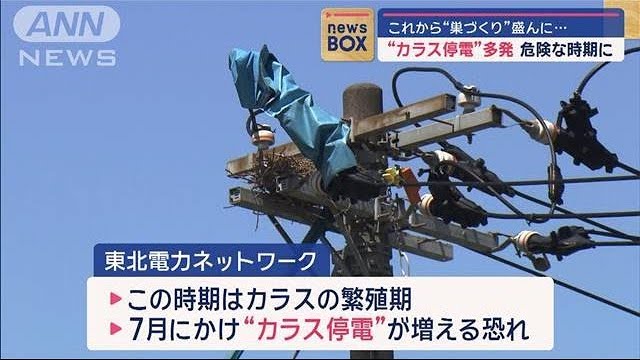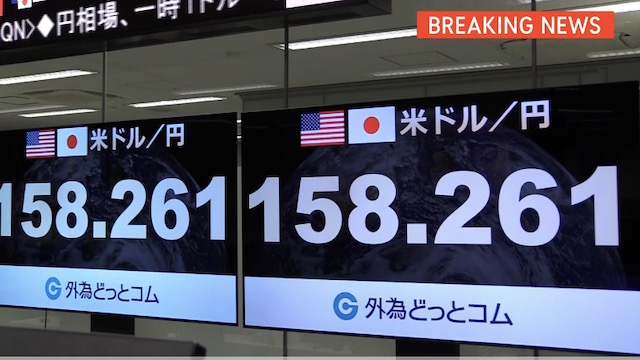Aug 02 (Nikkei) - Companies racing to introduce the successor to the batteries that power everything from our smartphones to drones to electric cars are closing in on their goal. But they are not alone. Startups have joined the fray to develop technologies for higher-performance power packs that can relegate today's lithium-ion batteries to an earlier stage along the march of progress.
Rechargeable batteries are a strong suit of corporate Japan's, but the industry that produces them in recent years has been coming up against some tenacious Chinese and South Korean competitors. Now Japan's hopes to remain among the global heavyweights in a market expected to be worth more than 2.7 trillion yen ($25 billion) by 2035 rest on the ability of its engineers.
Their ambition is showing through at a startup in Yokohama that emerged out of Tokyo Metropolitan University. 3Dom's engineers came to it from major appliance and carmakers, including Panasonic, lured by the promise to pursue new activities.
Kiyoshi Kanamura, a professor at the university, was 3Dom's lone engineer when the company was founded in 2014. He now has about 70 engineer colleagues, half of whom joined during the past year.
3Dom, which receives incessant phone calls from U.S. and European car and drone makers asking to test new batteries or to collaborate, aims to commercialize a lithium-metal battery by 2022.
The startup says its battery can produce twice the amount of energy than a Li-ion power source of similar weight, and its performance has already been demonstrated. Furthermore, it says, its battery can greatly extend the per-charge mileage of an electric vehicle.
The manufacturer hopes its products will one day power flying cars.
While carbon materials are currently used for the negative electrodes of most lithium-ion batteries, 3Dom uses lithium metal, which has the advantage of easily increasing a battery's capacity to store electricity but is prone to short-circuiting and igniting.
The ignition is caused by a phenomenon in which branch-shaped crystals grow on the surface of the negative electrode due to an uneven chemical reaction. The company developed a separator that controls the phenomenon, known as dendrite. The separator has spherical holes several hundred nanometers (one nanometer is one-billionth of a meter) in diameter that are arranged in perfect order. The uniform size and orderly positions of the holes allow a uniform flow of ions and a uniform chemical reaction.
The separator is made of polyimide, a highly heat-resistant plastic that will not burn even at 400 C. 3Dom currently produces lithium-ion batteries in a suburb of Seattle and plans to build another factory in the U.S., possibly next year, in preparation for production of its next-generation battery.









